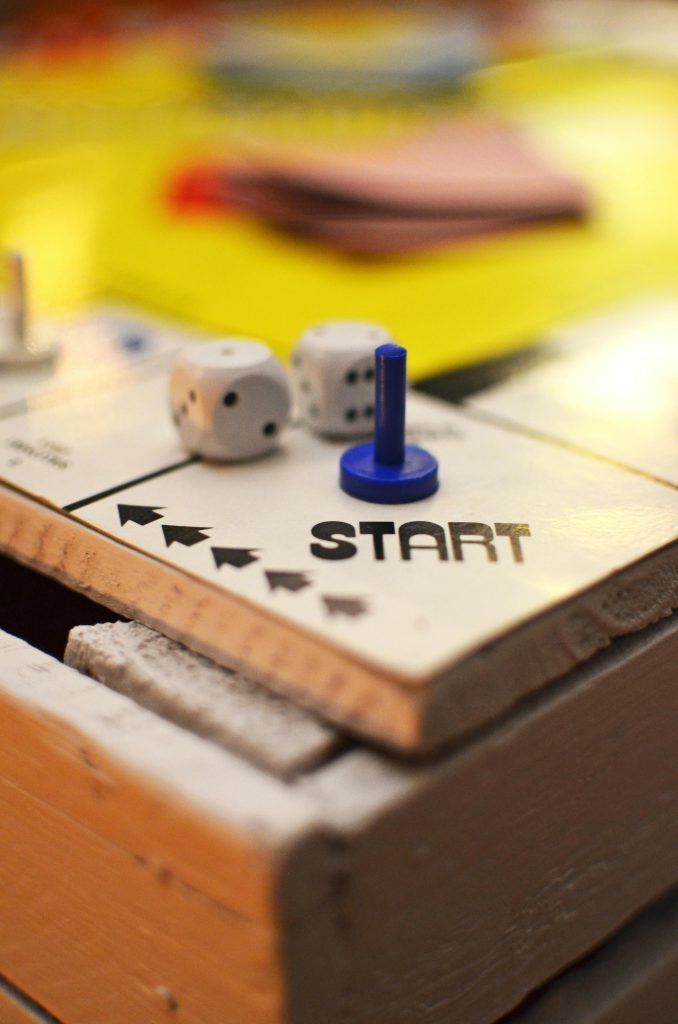The Real Challenge is Keeping it Off
If you’ve ever embarked on a weight loss journey, you might recall the thrill of seeing those first few pounds disappear. Whether it was through a new diet, exercise program, or a combination of both, the initial weight loss felt rewarding. But fast forward a few months, and for many, the weight slowly creeps back.
The truth that many don’t talk about is this – losing weight is the easiest part. It’s keeping it off that presents the real challenge. Studies show that nearly 80% of people who lose weight regain it within five years. Why? Because the journey doesn’t end when the scale shows your goal weight. The maintenance phase is where the real work begins.
In this blog post, we’ll explore why weight loss feels straightforward in comparison to maintaining it, the psychological and physiological factors at play, and strategies to keep the weight off for good.

Why Losing Weight Feels Easier Than Keeping it Off
1. The Motivation of Immediate Results
When you start losing weight, you often experience immediate gratification. The scale moves, your clothes fit better, and the compliments start rolling in. This phase is fueled by excitement and determination.
However, as you near your goal, progress slows down. The initial excitement fades, and the grind of maintaining healthy habits without the constant reward of visible results can feel exhausting.
2. Structured Programs Provide Short-Term Solutions
Many people lose weight through structured programs – keto, intermittent fasting, or 12-week challenges. These provide a clear plan to follow, making the process relatively simple. But once the program ends, many are left without guidance on how to sustain the results.
Weight loss programs often focus on shedding pounds quickly rather than building long-term habits. As a result, the lack of structure post-program leads to old habits resurfacing.

3. Biological Resistance to Weight Loss
Your body is wired for survival. When you lose weight, your metabolism slows down to conserve energy. This biological response, known as adaptive thermogenesis, makes weight maintenance harder. Hormones like ghrelin (which stimulates hunger) increase, while leptin (which signals fullness) decreases.
In short, your body fights to return to its previous weight. This natural response can create constant hunger, fatigue, and frustration, making it harder to stay at your goal weight.
The Psychological Barriers to Maintaining Weight
1. All-or-Nothing Mentality
During weight loss, many adopt an all-or-nothing approach. They cut out entire food groups, avoid social events, or exercise excessively. While this may yield results, it’s not sustainable.
Once weight loss goals are achieved, this strict mindset often leads to burnout. A single indulgence may spiral into a binge, undoing progress. The lack of balance becomes a major barrier to long-term success.
2. Emotional Eating Returns
Many people lose weight by controlling their food intake, but emotional eating habits are rarely addressed. Stress, boredom, or sadness can trigger overeating, especially when food is used as a coping mechanism. If these emotional triggers aren’t managed, weight gain is inevitable.
3. Identity Crisis
Surprisingly, achieving weight loss can lead to an identity crisis. If you’ve been overweight for years, that identity may feel deeply ingrained. Losing weight can create feelings of vulnerability or pressure to maintain an ideal image.
Some may sabotage their progress to return to a more familiar version of themselves, even if it’s unhealthy.

Strategies for Long-Term Weight Maintenance
Maintaining weight loss requires a shift from temporary changes to lifelong habits. Let’s break down the key strategies to help you stay on track long after the initial weight loss phase.
1. Build Sustainable Habits (Not Just Diets)
The key to maintaining weight is adopting habits you can stick to for life. This means finding ways to eat and exercise that you enjoy, rather than following restrictive diets you can’t sustain.
- Eat Foods You Enjoy – Find healthier versions of your favorite meals. Avoid depriving yourself, but practice portion control.
- Find Exercise You Love – If you hate running, don’t run. Dance, swim, hike – find what keeps you active without feeling like a chore.
The goal isn’t perfection, but consistency. Small, daily habits lead to lasting results.
2. Focus on Strength, Not Just Weight
Shifting your focus from weight loss to strength and fitness is crucial for maintenance. Building muscle not only helps with metabolism but gives you a new goal beyond the scale.
- Incorporate Strength Training – Lifting weights or bodyweight exercises helps prevent muscle loss during weight loss and supports long-term maintenance.
- Track Non-Scale Victories – Celebrate improvements in strength, stamina, and energy rather than obsessing over the scale.

3. Embrace Flexibility (Ditch the All-or-Nothing Mentality)
Weight maintenance isn’t about perfection. It’s about balance.
- Allow for Indulgences – Enjoy your favorite dessert or pizza occasionally. The key is moderation, not deprivation.
- Practice the 80/20 Rule – Eat nutrient-dense foods 80% of the time and indulge 20% without guilt. This prevents the binge-restrict cycle.
4. Address Emotional Triggers
Long-term weight maintenance often requires tackling the emotional reasons behind overeating.
- Practice Mindful Eating – Pay attention to hunger and fullness cues. Eat slowly and savor your food.
- Find Non-Food Coping Mechanisms – Manage stress through activities like yoga, journaling, or walks, rather than turning to food.

5. Stay Accountable
Accountability is vital in the maintenance phase. Surround yourself with supportive friends, join communities, or work with a health coach.
- Track Progress Regularly – Check in with your weight, measurements, or fitness goals monthly.
- Celebrate Small Wins – Maintaining weight, even if you fluctuate a few pounds, is an achievement.
6. Prepare for Setbacks
Setbacks are normal. Holidays, vacations, and stressful events can lead to temporary weight gain. The key is not letting setbacks define your journey.
- Don’t Dwell on Mistakes – If you overeat at a party, resume your regular habits the next day. One day won’t undo months of progress.
- Learn from Setbacks – Identify triggers that led to overeating and find ways to manage them in the future.

Final Thoughts: Maintenance is a Journey, Not a Destination
The reality is, weight loss is a chapter – not the entire story. The true success lies in your ability to sustain healthy habits over the long term.
It’s not about never gaining a pound or avoiding your favorite foods forever. It’s about building a lifestyle that supports your health and happiness, without the need for extreme measures.
By shifting your focus to sustainable habits, managing emotional triggers, and allowing for flexibility, you’ll find that maintaining your weight feels less like a battle and more like a natural part of your life.
And remember – losing weight is just the beginning. The real victory lies in how you choose to live after the weight is gone.



